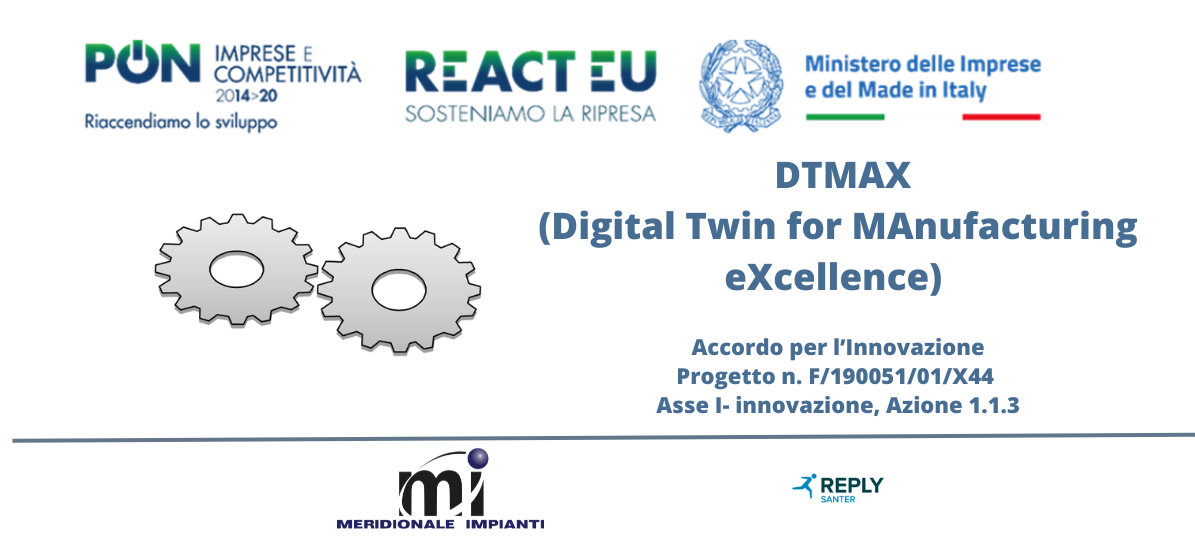
The project proposal refers to technological solutions aimed at optimizing production processes and supporting their related industrial automation processes through advanced techniques of distributed machinery sensorization, highly automated logistics management, and interoperability of related information systems, as well as production technologies for products made with a new process step. This is all thanks to the use of advanced ICT technologies for the virtualization of transformation processes that enhance people in the factory.
By leveraging innovative technologies at the level of devices, interconnection, data processing, infrastructure, and user interfaces, a digital platform architecture will be defined with characteristics of flexibility and interoperability. This platform will be capable of addressing challenging issues such as the fragmentation of standards and application verticals, as well as the need for data privacy and security. Technologies like IoT, Augmented Reality, Cloud and Edge Computing, which are able to enhance the capacity to represent physical/real components, their current states, and mutual interactions, now make it possible to connect the real world (physical), the digital world (a set of information and characteristics that represent the digital version of physical assets), and the virtual world (a simulated and/or predictive scenario, for example in a “what if” mode). This gives rise to new processes for the use of data for strategic and decision-making purposes.
The main goals of the project are to:
The project aims to pursue the goals indicated above by developing the potential of Industry 4.0, which lies in creating a link between the production environment and digital information. This is achieved through the creation of digital models of what is available within the production environment, by inserting sensors that provide useful information for the digital modeling of the system. Through the combination of the real world and digital/virtual reality, an enriched model of the production universe is generated, which allows for more precise and informed intervention in every phase of the production cycle, and can even generate feedback that can influence the revision of design and post-production methodologies.


Fill out the form to get more information